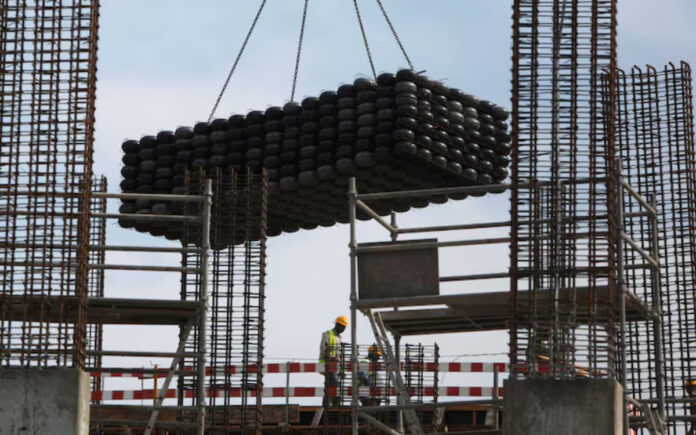Lisbon: The total value of Portuguese homes sold in the third quarter soared 28% year-on-year to an unprecedented €9.05 billion ($1.04 billion), according to the National Statistics Institute (INE). This sharp increase, coupled with a rebound in interest rates from historic lows, is intensifying the country’s ongoing affordable housing crisis.
Record Property Transactions
Nearly 41,000 homes changed hands in the third quarter, marking a 19.4% rise compared to the same period last year. INE data also revealed that the prices of existing homes rose faster than those of newly built properties, reflecting heightened demand in the housing market.
Between January and September, the value of home sales increased by 13.5% to €23.7 billion, just shy of the record €24.4 billion set in 2022.
Challenges in Affordable Housing
Portugal’s housing affordability has been a growing concern, exacerbated by foreign investment in real estate. Many wealthy buyers have been drawn to the country through programs offering residency rights and tax incentives. Additionally, the surge in tourism has fueled a rise in short-term holiday rentals, further tightening the housing supply.
The situation has led to public outcry, with protests erupting in Lisbon and other urban centers as locals grapple with rising housing costs.
Regional Disparities
Data from Monday highlighted significant regional variations, with the highest property prices concentrated in the Lisbon metropolitan area and the affluent northern regions of Portugal.
Also Read | Ivory Coast Cocoa Farmers Worry About Harmattan Wind’s Effect on Crops
Foreign Buyers’ Role
While Portuguese tax residents accounted for 93.5% of property transactions, international buyers also played a notable role. EU nationals represented 3.37% of deals, while buyers from non-EU countries accounted for 3.13%.
Also Read | Japan’s Daiwa Securities Targets 5% Wage Hike to Address Talent Crunch
Broader Implications
The booming property market underscores Portugal’s appeal as a destination for both residents and investors. However, it also highlights the pressing need for policies to address housing affordability and ensure equitable access to homes.



